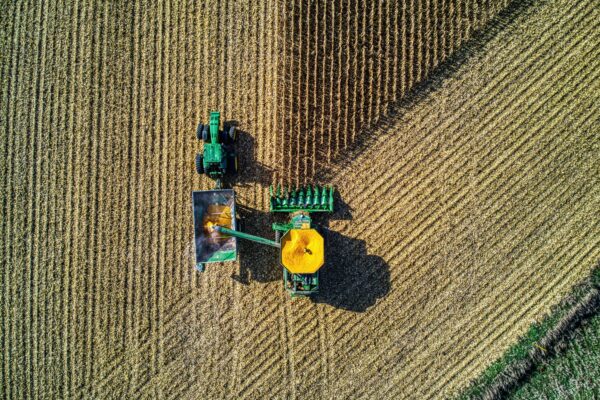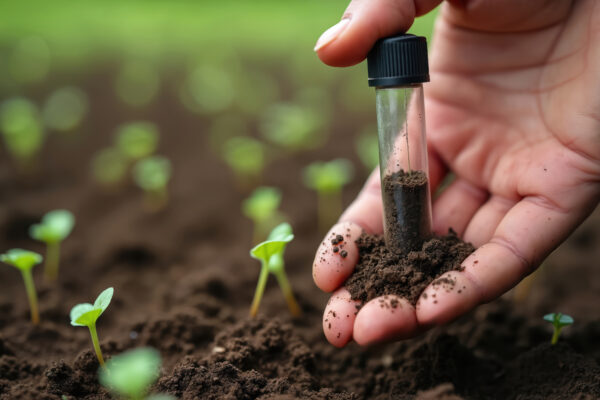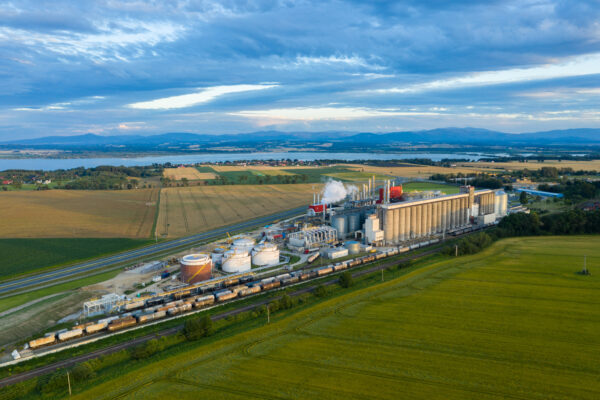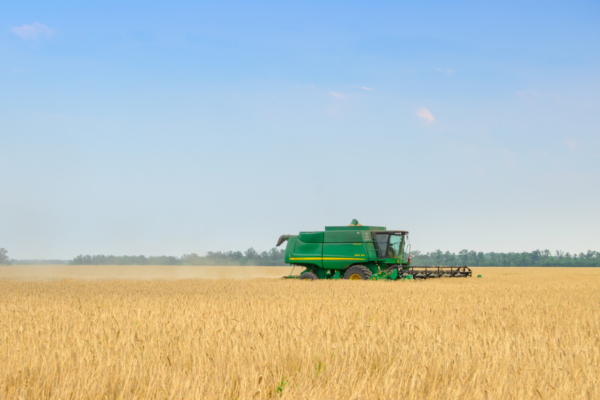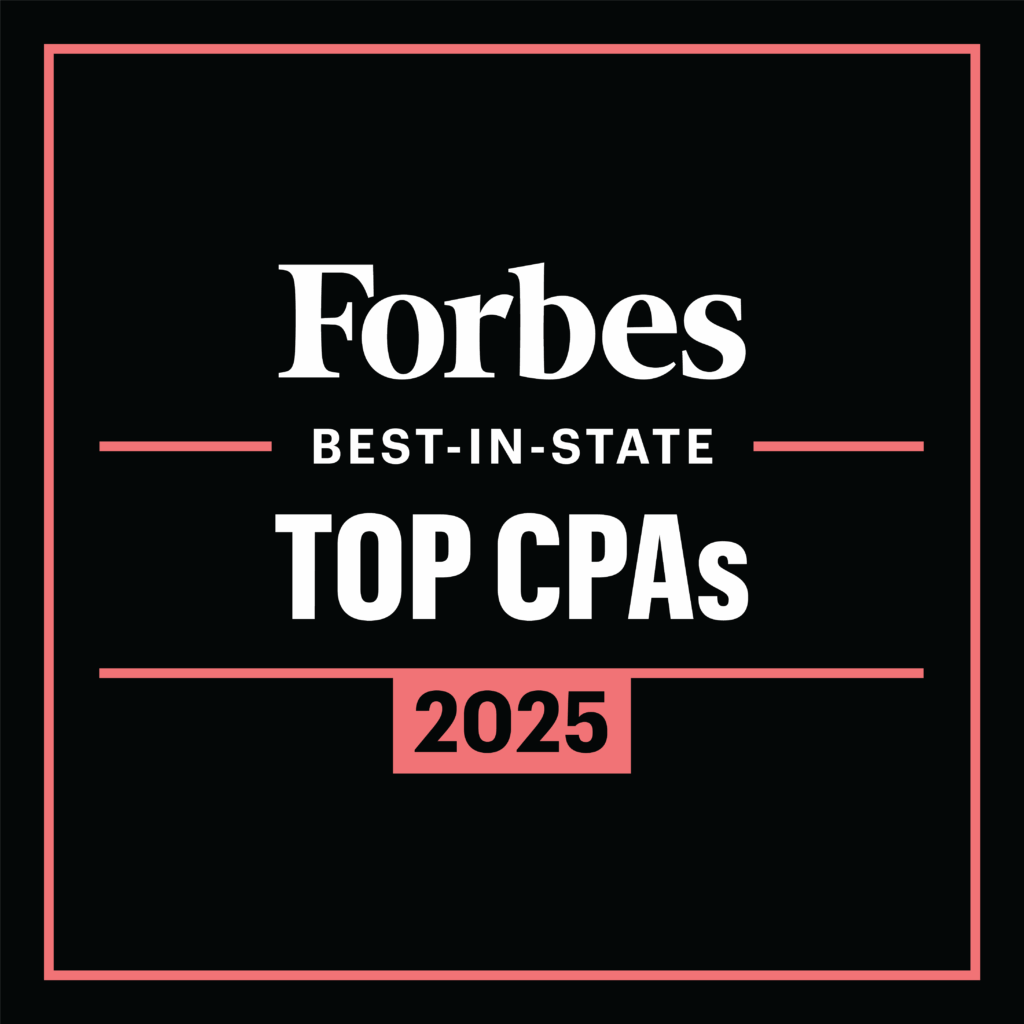In the spring 2024 legislative session, New Mexico passed a bill for the creation of its own Low Carbon Fuel Standard, setting a program ... Continue Reading
Compliance
Claiming the 45Z Tax Credit
How to meet the detailed compliance requirements to claim the 45Z Clean Fuel Production Tax Credit. Kari Buttenhoff, Partner and Danielle ... Continue Reading
Navigating the Evolving Landscape of Low Carbon Fuel Programs Across the West Coast and Beyond
Over the past year and a half, state low carbon fuel programs have undergone significant changes. While Oregon, California, and Washington have been ... Continue Reading
Christianson CPAs and Consultants to Speak at the 2025 Fuel Ethanol Workshop & Expo
We are thrilled to announce that several of our knowledgeable staff at Christianson CPAs and Consultants have been selected to speak at the 2025 ... Continue Reading
Maximizing Your Benefits with 45Z Verification Services
Navigating the complexities of State and Federal programs can be challenging, but we're here to support you and your team every step of the way. Our ... Continue Reading
Details on OAL’s Denial of CARB Amendments to the LCFS
The Office of Administrative Law (OAL) has released its rationale for last week’s decision to disapprove the proposed amendments to California's Low ... Continue Reading
